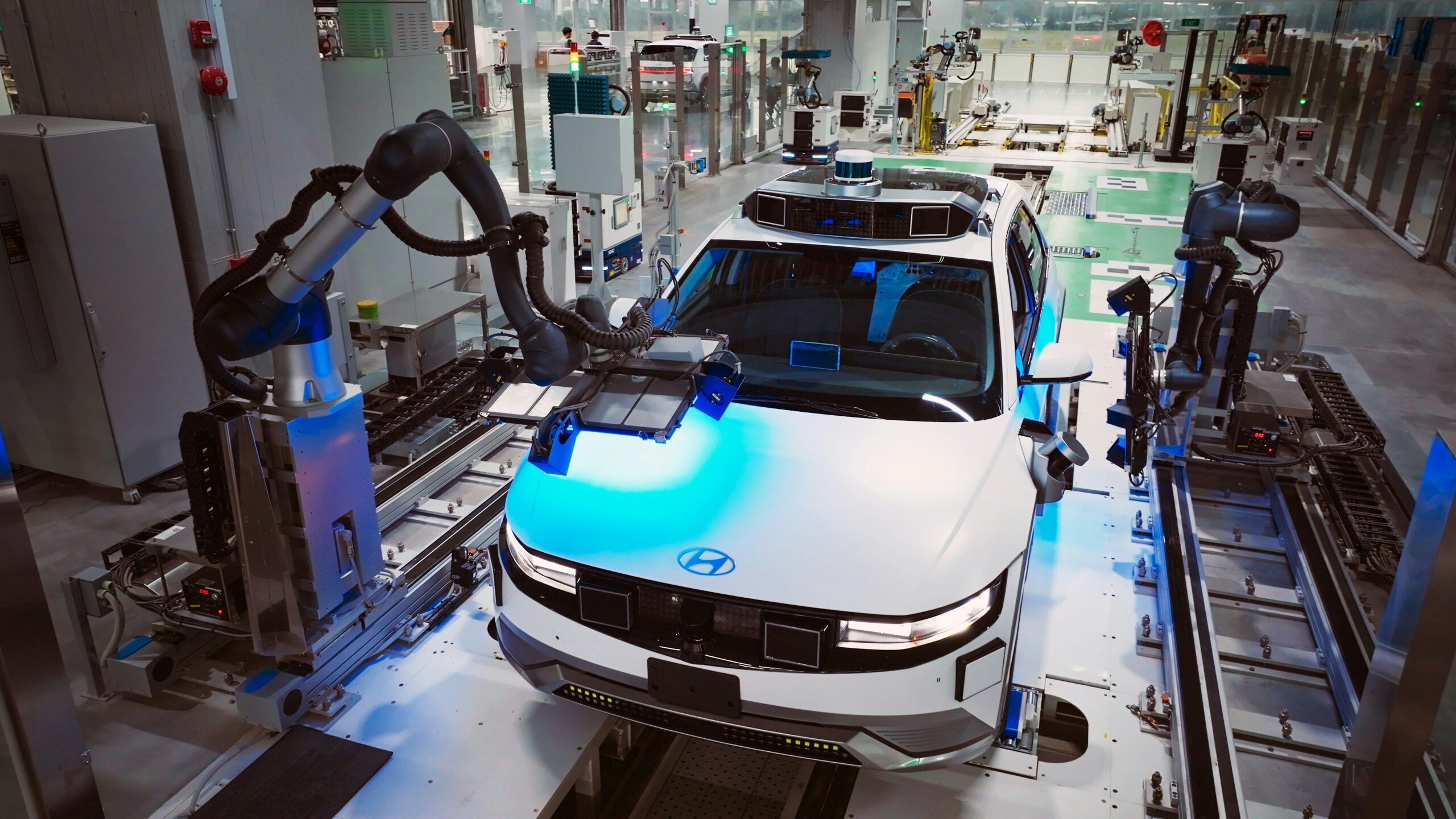Now Reading: Is electrification a no-brainer in the race to net-zero?
-
01
Is electrification a no-brainer in the race to net-zero?
Is electrification a no-brainer in the race to net-zero?

In a specially designed laboratory at the University of Salford stands a red-brick terraced house that resembles the typical homes in Manchester. This unique house, known as Energy House 1, is a project by scientists exploring the practicality of Britain’s aspirations for an all-electric, net zero future. The house, along with Energy House 2, serves as a testing ground for various technologies, such as smart meters and thermal paints, combined with detailed modeling to assess their real-world impacts.
As nations strive to shift away from fossil fuels and achieve net zero carbon emissions by mid-century, the transition to electricity for homes and transportation appears to be a feasible solution. For instance, the replacement of aging gas boilers with heat pumps for heating and electric vehicles for petrol and diesel cars could play a crucial role in this transition. However, the success of this shift towards green energy will rely on the adoption of renewables and other clean energy sources by each country.
Globally, the use of solar panels and wind turbines for power generation surged in 2024, driven by a substantial increase in renewable installations. Despite this progress, fossil fuels still accounted for 60% of the global electricity mix, with the demand for electricity rising due to factors like increased use of cooling technologies in response to extreme heat and the growth of electric vehicles and data centers.
The move towards electrification is gaining momentum worldwide, with China leading as a major “electrostate” and the sales of electric vehicles experiencing significant growth. Government incentives, such as subsidies and emissions targets, have played a crucial role in promoting the adoption of electric vehicles. Meanwhile, the transition to electric heating systems, like heat pumps, is being pursued in various countries to reduce emissions from buildings.
Challenges such as high installation costs, policy barriers, and trade tensions pose obstacles to the widespread adoption of clean energy solutions. However, experts emphasize the importance of strategic government policies to accelerate the transition towards a sustainable, electrified future.






